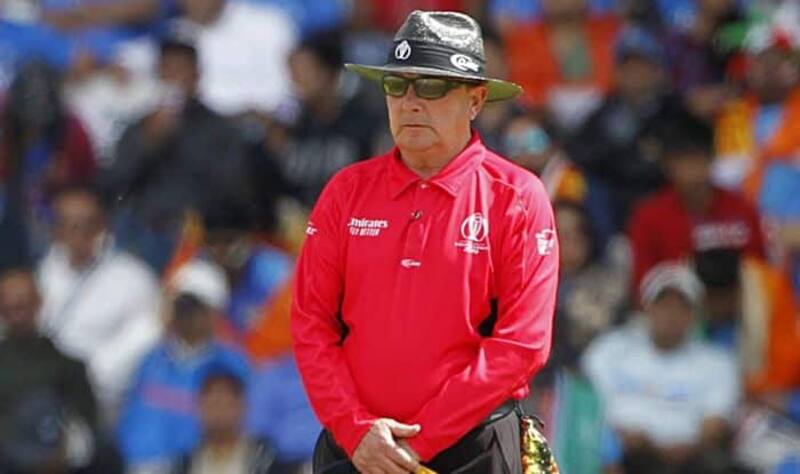
Cricket Country Staff
Editorial team of CricketCountry.
Written by Cricket Country Staff
Published: Apr 21, 2020, 10:08 AM (IST)
Edited: Apr 21, 2020, 10:08 AM (IST)

Former international umpire Ian Gould has backed the removal of ‘umpire’s call’ from the Decision Review System (DRS) should the technology is made available worldwide.
The ‘umpire’s call’ comes into play when a player reviews an lbw decision and less than half the ball is hitting the stumps then whatever decision the on-field umpire has taken, will stand.
Teams don’t lose reviews should it base its decision on the umpire’s call.
To me, you have to have DRS worldwide and if you do that, I’d take umpire’s call out,” Gould was quoted as saying by BBC. “My argument is you can’t go to one place and have 37 cameras on every decision you make, then you go somewhere else and there’s only 10. It’s unfair. It doesn’t equal the game up.”
Gould, who umpired in 74 Tests and 140 ODIs including four World Cups, retired last year in July.
He admits umpires were a bit hesitant in accepting the introduction of technology at first.
“If a batsman came forward and was hit on the pad, then it was not out. Then all of a sudden, you were seeing these things in front of you. That was the hard bit. When I first joined, a lot of senior umpires felt as though they were being shown up,” he said.
Gould, who is promoting his book ‘Gunner: My Life in Cricket’, also recalled the surreal events of the 2018 Newlands ball-tampering scandal in which he was the TV Umpire.
“It was a bit surreal. There is Andy and I gazing at this TV monitor. We just sat there and went, ‘Oh dear’. That was it. It was actually about trying to collect your thoughts about what you are going to say because you have to go out to the on-field umpires and explain to them to stop the game,” he said.
This website uses cookies so that we can provide you with the best user experience possible. Cookie information is stored in your browser and performs functions such as recognising you when you return to our website and helping our team to understand which sections of the website you find most interesting and useful.
Strictly Necessary Cookie should be enabled at all times so that we can save your preferences for cookie settings.
If you disable this cookie, we will not be able to save your preferences. This means that every time you visit this website you will need to enable or disable cookies again.
